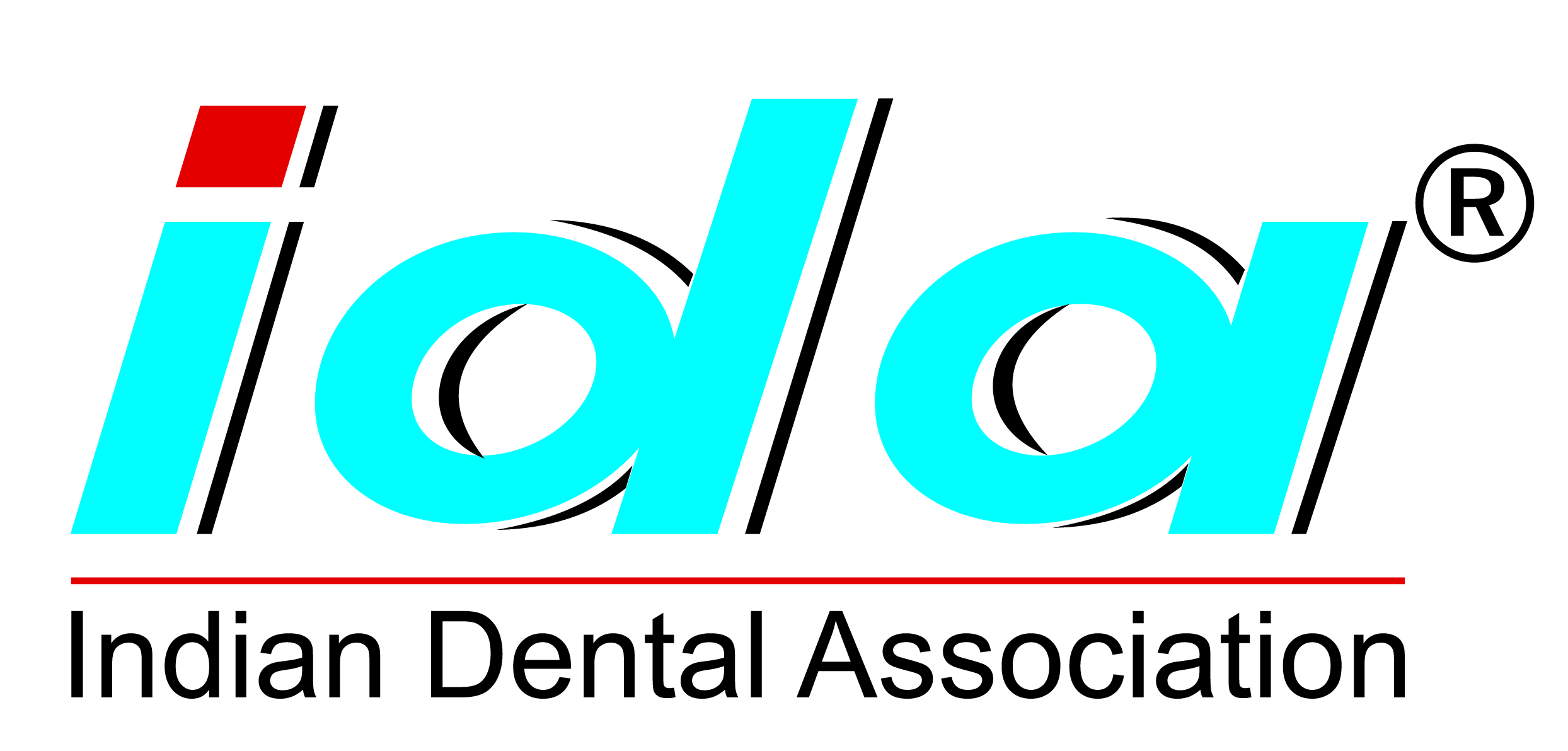Oral health is often taken for granted, but it is an essential part of our everyday lives. Good oral health enhances our ability
to speak, smile, smell, taste, touch, chew, swallow, and convey our feelings and emotions through facial expressions.
Oral diseases affect the most basic human needs: The ability to eat and drink, swallow, maintain proper nutrition,
smile and communicate. However, oral diseases, which range from cavities to oral cancer, cause pain and disability.
Oral health and overall health and well-being are inextricably connected. Many systemic conditions such as human
immunodeficiency virus (HIV)/AIDS, diabetes, Sjögren’s syndrome,and osteoporosis have important
oral symptoms,
manifestations or complications.
The lips, tongue, gingivae (gums), oral mucosa and salivary glands can all signal clinical
disease elsewhere in the body.
The mouth is a complex and unique environment. It contains exquisitely sensitive tissues that are used for taste, chewing, swallowing,
speech, facial expression and fighting off diseases. It has one of the highest concentrations of sensory and motor nerves in the body,
four different types of calcified tissue, and contains nearly 500 species of microbes (only about half of which have been cultivated thus
far) that maintain a delicate balance between health and disease.
Our challenges extend from the continued struggle against two of the most common infectious diseases
–
dental caries and periodontal diseases
– to eliminating life-threatening
oral and pharyngeal malignancies,
craniofacial birth defects and developmental disorders, acute and chronic orofacial pain and other conditions that
compromise oral health.
We must not only understand the risk factors which contribute to oral diseases but seek new ways to improve quality of life.
As mentioned earlier, the Indian Dental Association (
IDA) affirms that oral health is essential to general health
and well- being.
IDA aims that
- No one should suffer from oral diseases which can be prevented and treated.
- Schoolchild should not suffer caries.
-
Rural population should not experience poor oral health because of barriers to access to care,
shortages of resources and personnel.
This crystallize IDA’s aim for optimal oral health for the nation. The association is confident
that rewards in health and well-being can accrue for all Indian. However, a number of barriers hinder the ability of Indian
from attaining optimal oral health.
We advocate oral health partnership
Improving the nation’s oral health is an ambitious goal and IDA recognizes the importance of partnerships in
achieving this. We therefore promote and advocate the need to bring in new partners from the scientific community, academia,
the health professions, health voluntary organizations, industry and government. Our partnerships with both public and
private sector organizations is important to realize our goal of promoting the timely transfer of knowledge and its implications
to all.
This translates into
-
Policies that integrate oral health promotion, disease prevention and oral health care into policy agendas to
achieve improvements in the oral health .
-
Dental diseases are for the most part preventable and effective interventions must be available both at community
and individual levels.
-
In many instances, oral health remains separate and distinct from general health. Risk factors
such as tobacco and alcohol use, dietary practices and other health habits, which are common to many illnesses, are
also implicated in oral diseases. Therefore, oral health should be integrated into all health programmes.
-
Appropriate educational and training programmes should be strengthened to integrate oral health
into general health programmes and to provide specialized dental services.
The association, as the collective national voice of dental professionals works tirelessly to influence public policies
affecting the practice of dentistry and the oral health of all Indians. Our goal is to ensure that the voices of dental
professionals and those we serve, are heard and understood. This translates into the right to practice to the full extent
of their dental education and licensure.
The IDA lobbies before government and the administration—fighting for things that matter both to the dentists and
the patients they serve.
Working on your behalf to:
- Promote the advancement of the dental professionals;
- Promote the oral health of the public;
- Promote access to oral health.
Therefore, IDA is committed to working on behalf of its members to help enact key legislation that affects
the practice of dentistry. IDA believes the dental profession and its success affects the nation's health. Our highest
priorities are to advance the dental profession, to enhance access and quality dental care for patients, and to fight
unwarranted regulations of the dental profession, improve access to dental care, promote clinics efficiency and frivolous
lawsuits and more.








